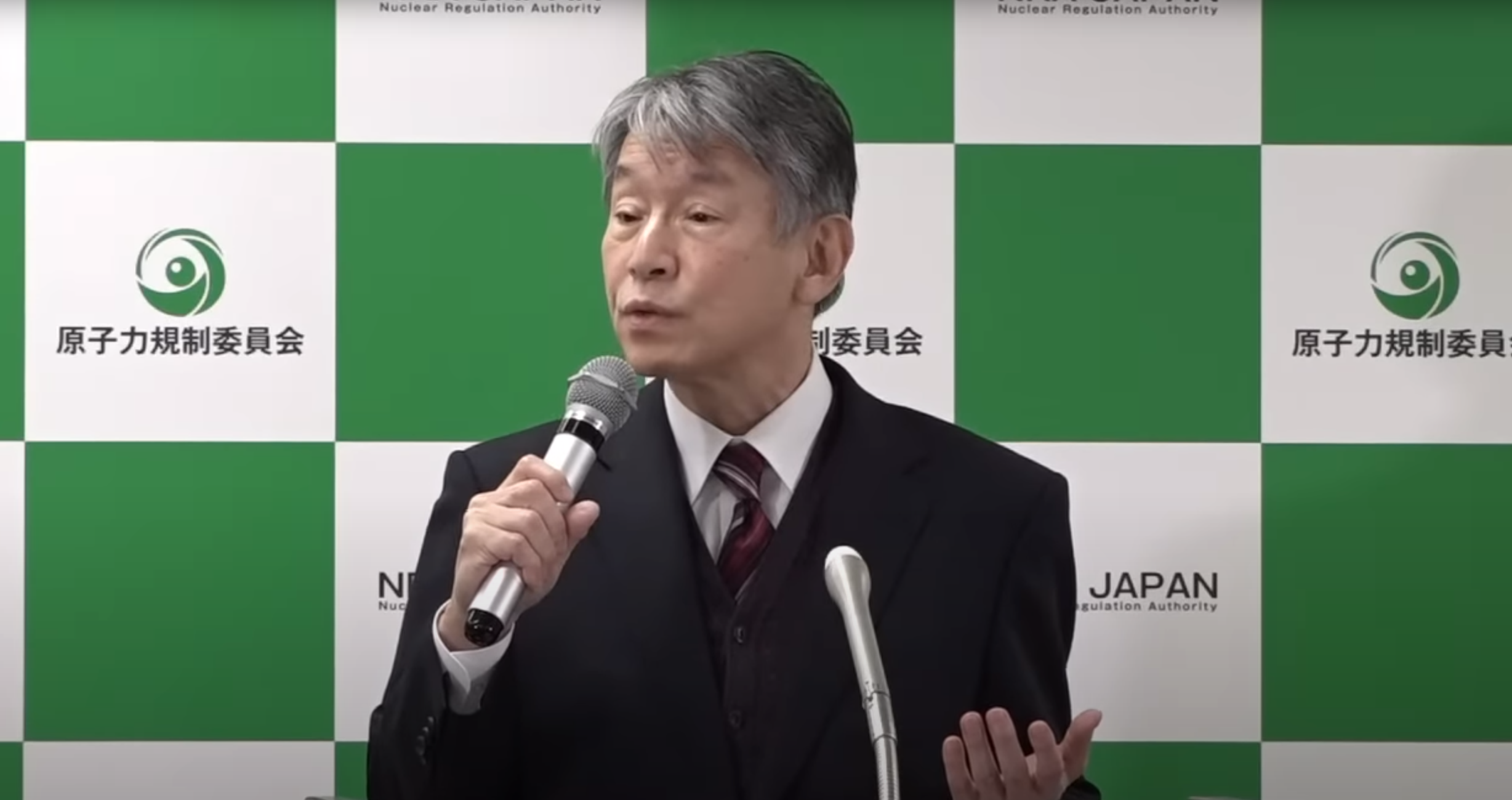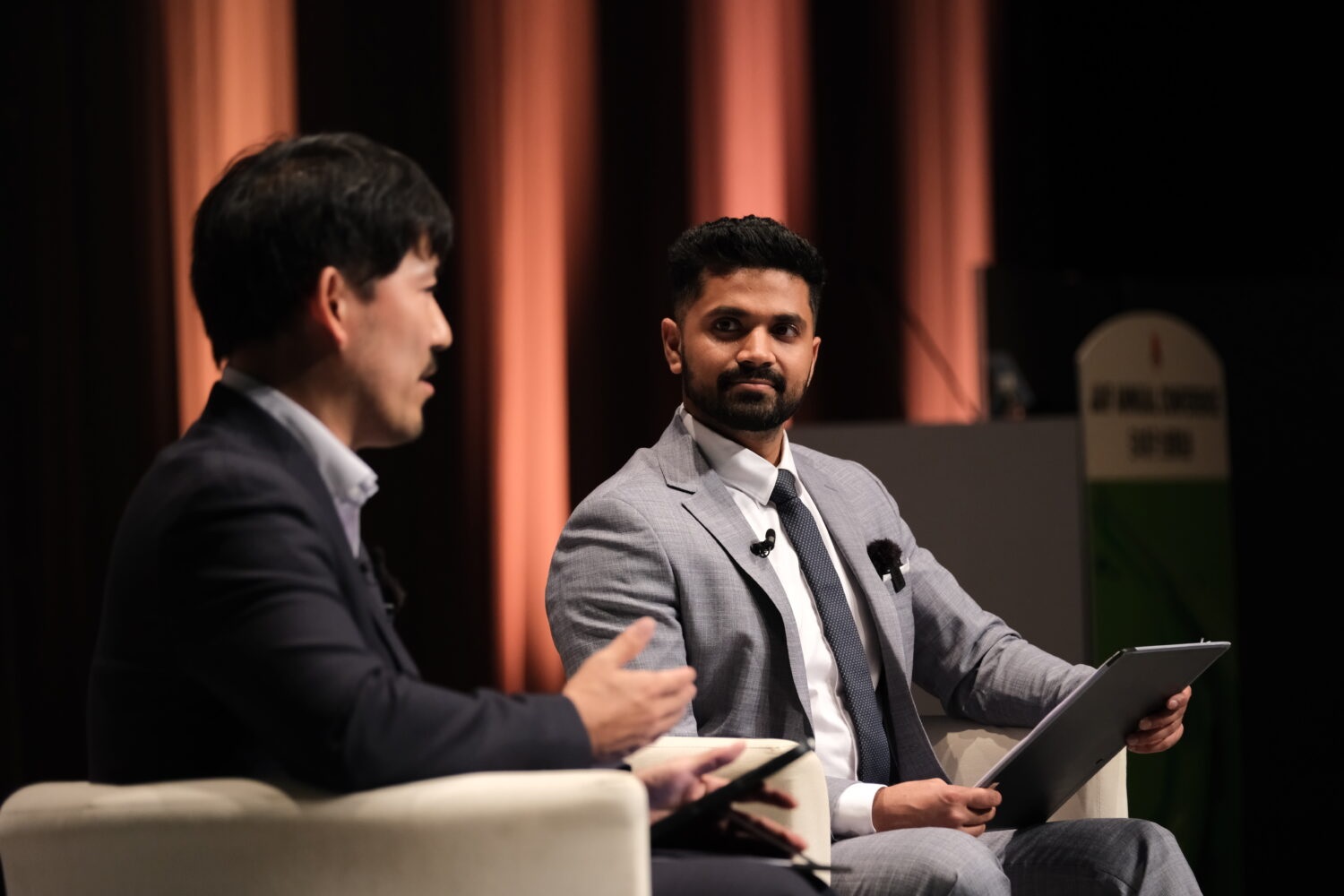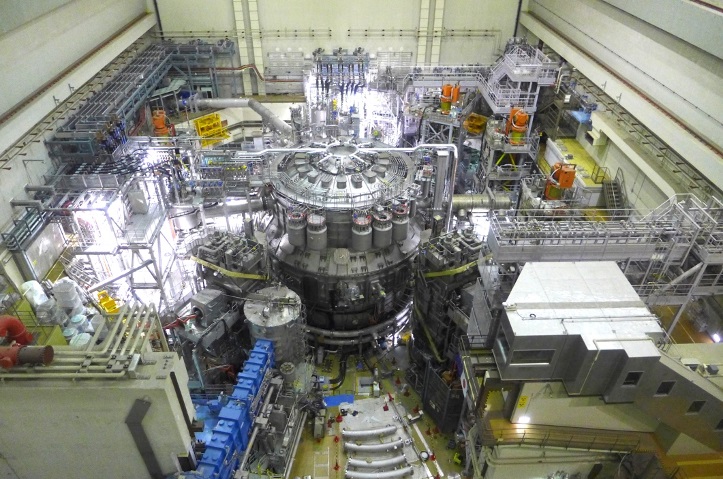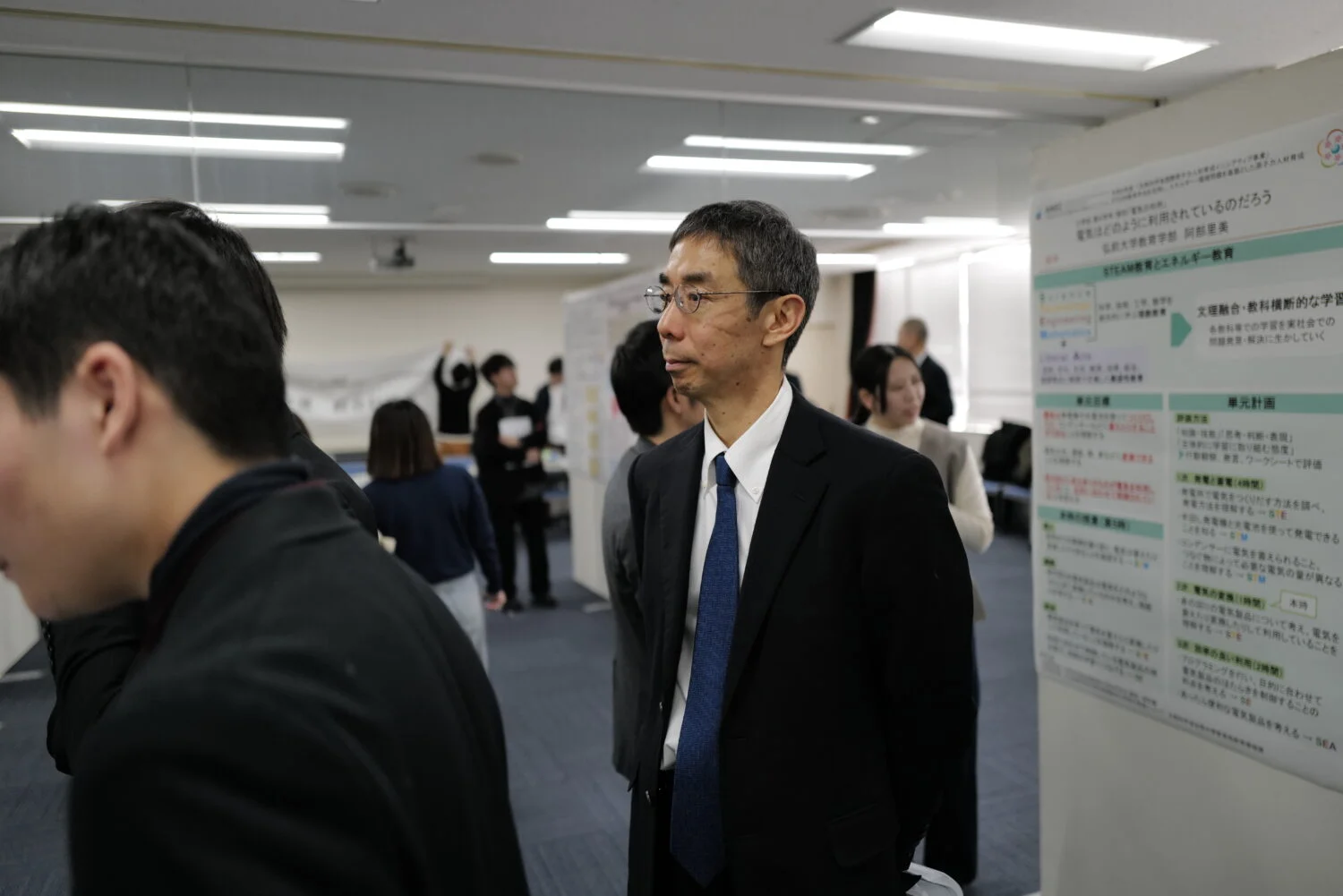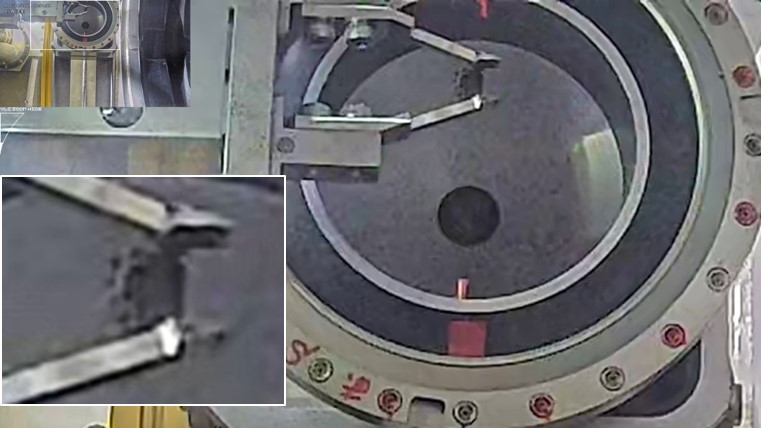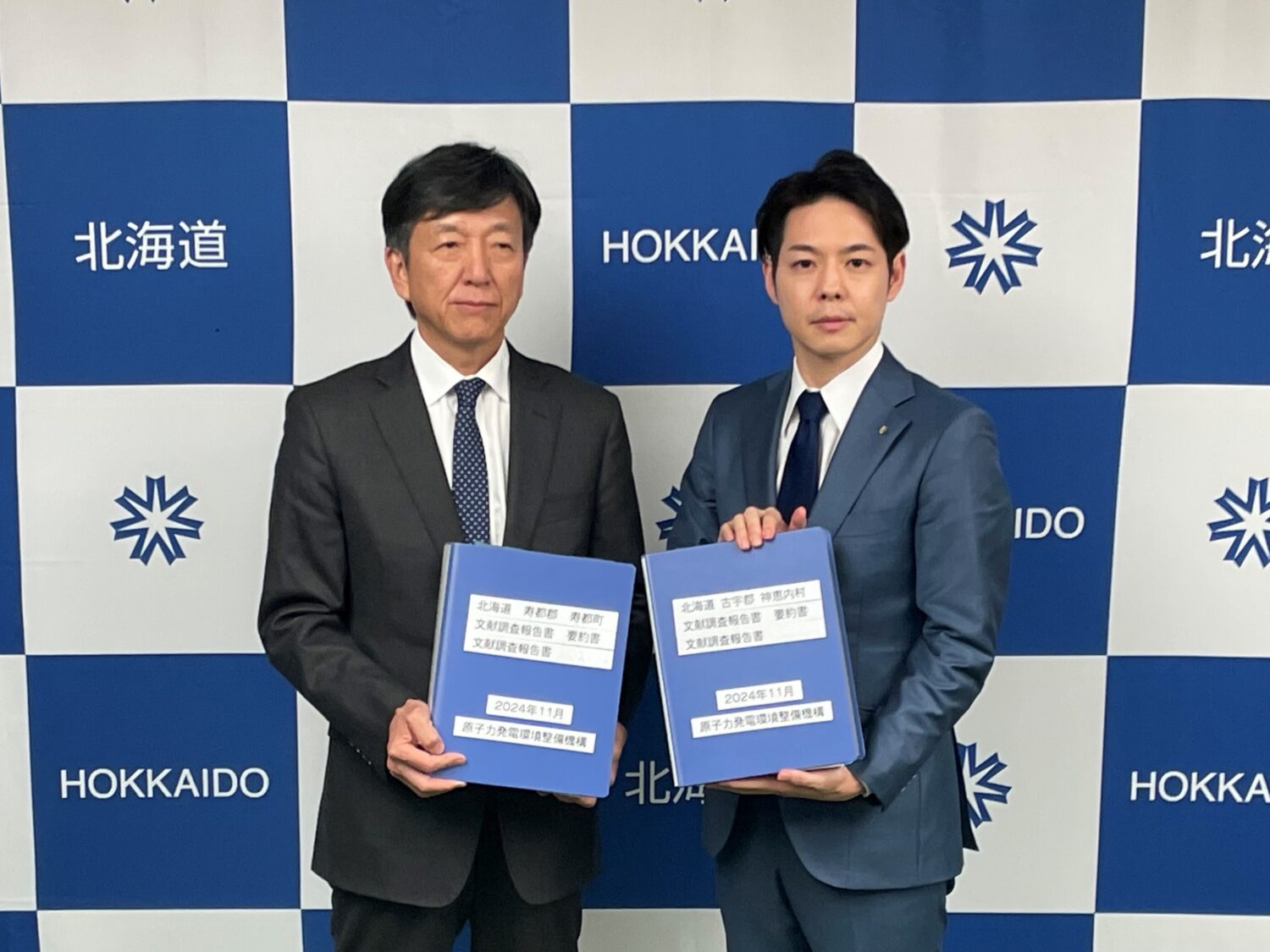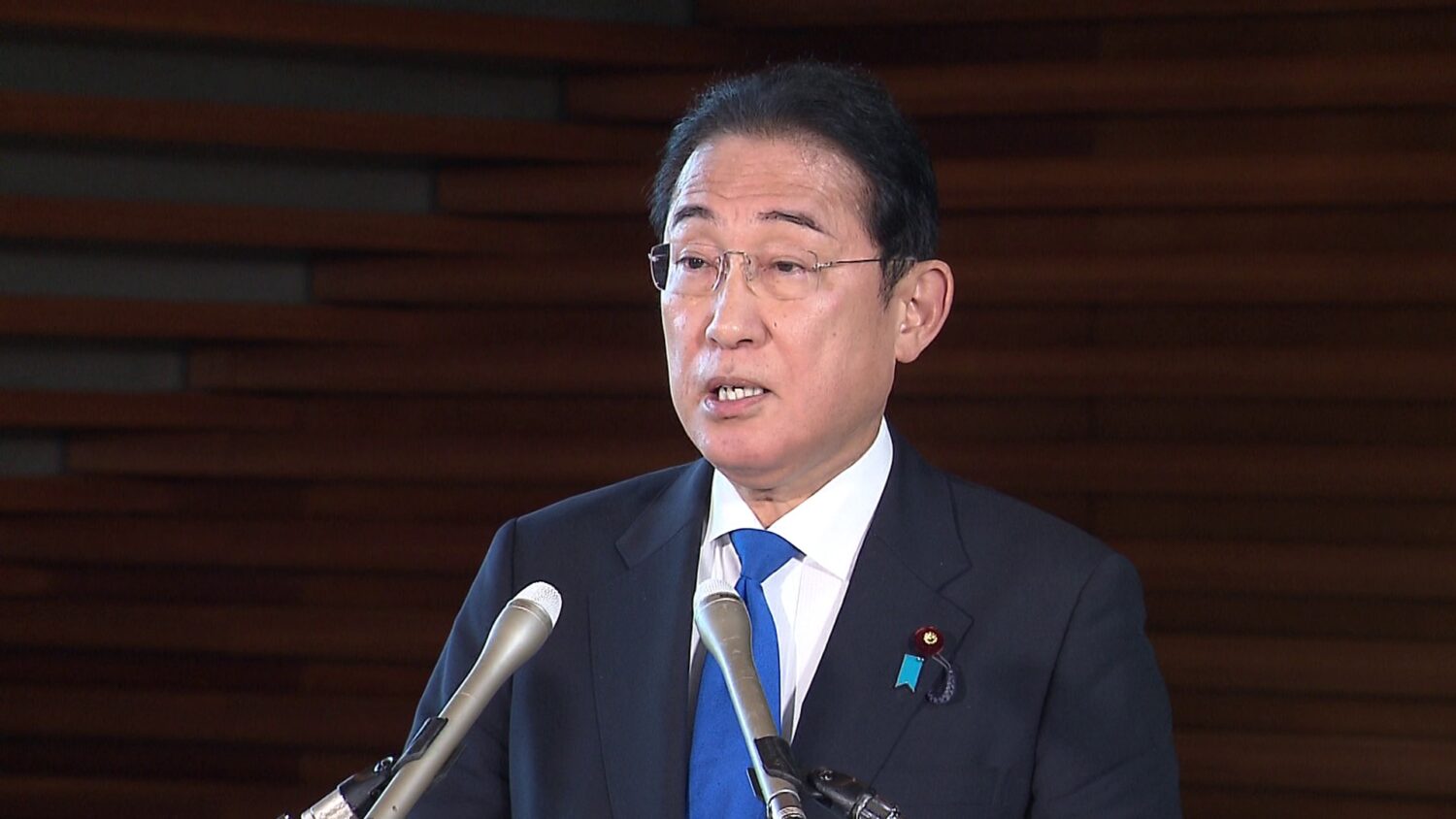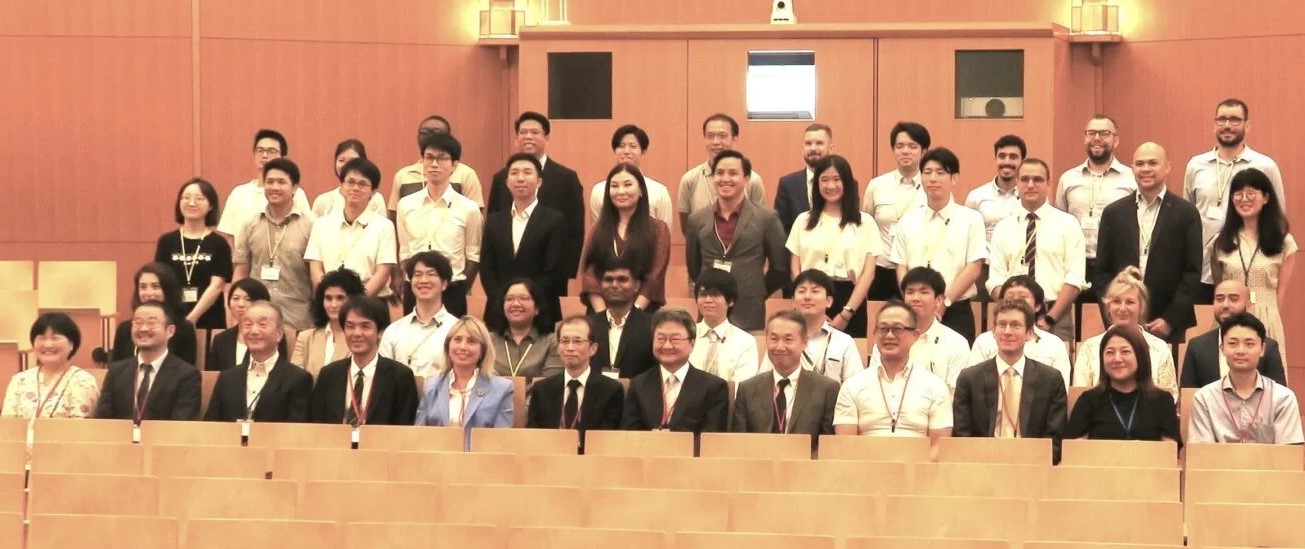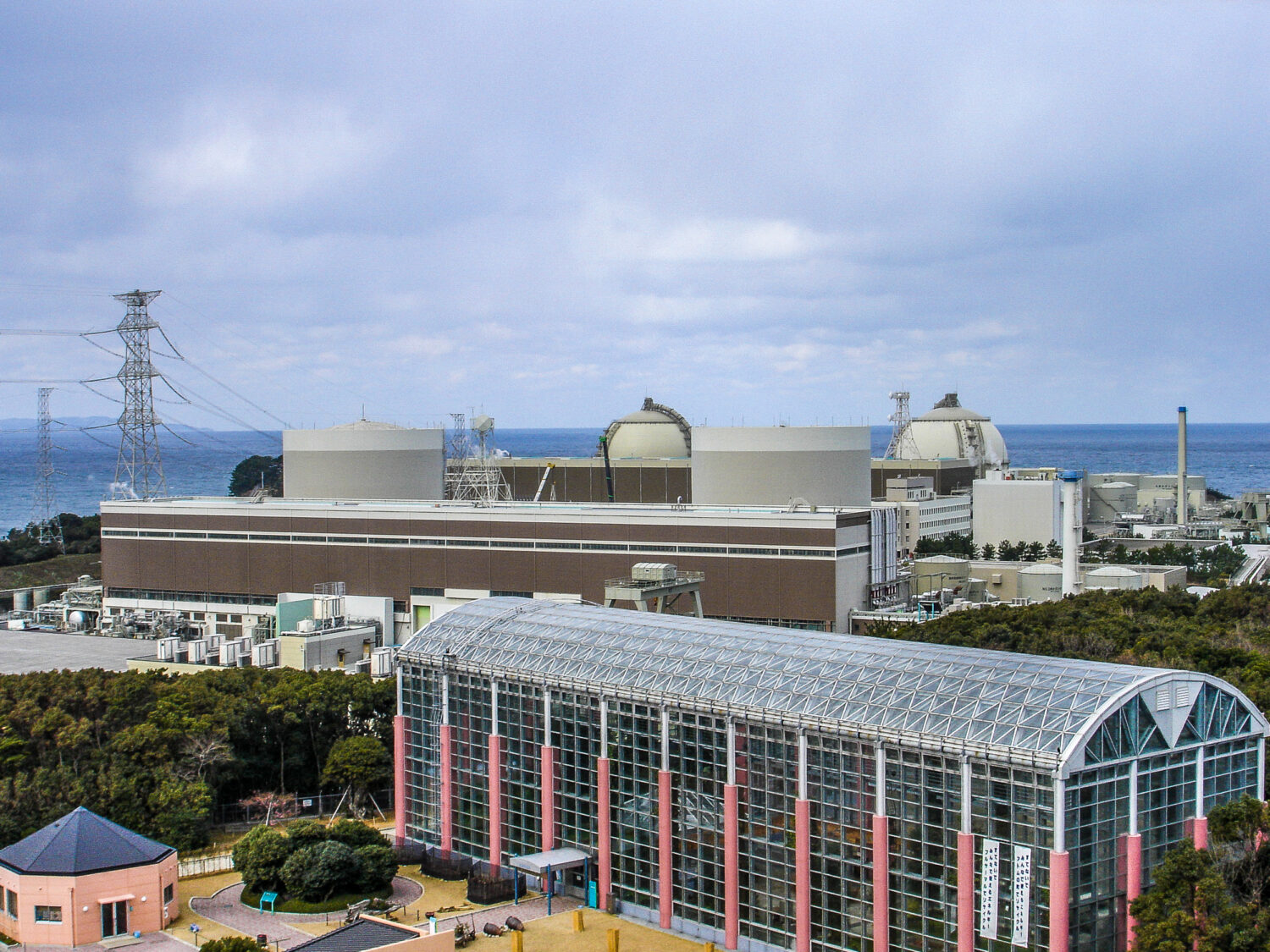“Japan,” he said, “today confronts a challenge that may rightly be termed a national crisis.” He then expressed his determination to resolutely and thoroughly execute policies one by one to allow both the world and Japan to get through the current difficulties and open up a better future.
He said that those thoughts of his intensified during a visit to Fukushima Prefecture on September 17, where he toured the new government office in Futaba Town and the site in Namie Town slated for the Fukushima Institute for Research, Education and Innovation, among other sites.
“With the strength and focused efforts of so many people,” he said, “Fukushima is making steady progress toward reconstruction.” An evacuation order had been partially lifted at the end of August for Futaba Town, allowing people to live there for the first time since the accident.
The prime minister also identified the following four priority areas to speed up public and private “investment and reform for growth” in order to convert societal issues into a driving force for sustainable growth:
- Scientific and technological innovation
- Startups (incubation support)
- Green Transformation (GX)
- Digital Transformation (DX), promoting the “Vision for a Digital Garden City Nation”
As for GX, the prime minister said that the government would speed up discussions on a roadmap to promote it as a major economic, societal and industrial reform, hoping to carry them out at the end of the year.
In order to ensure a stable supply of energy, Kishida declared, “Japan will squarely tackle the issues of nuclear power.” He reiterated that he had instructed experts and specialists to accelerate discussions on the restart of “a dozen” nuclear power plants (NPPs), as well as discussions on the development and construction of next-generation advanced reactors with enhanced safety mechanisms, also hoping to have them take place toward the end of this year.
Regarding the situation in Ukraine, meanwhile, the prime minister strongly criticized Russia for “violent acts that jolted the foundation of global order.” Japan, he said, would continue its sanctions on Russia and its strong support for Ukraine.
Looking back at the meeting of the Preparatory Committee for the 2022 NPT Review Conference in August—which he had attended for the first time as Japanese prime minister—he said that he was deeply regretful that “no document was adopted because of Russian objections.”
Kishida also said that Japan would carry out its activities according to the so-called Hiroshima Action Plan that he had advocated in his speech at the general debate. It was an attempt, he said, at a practical approach to a world without nuclear weapons through maintaining and strengthening the NPT structure.



